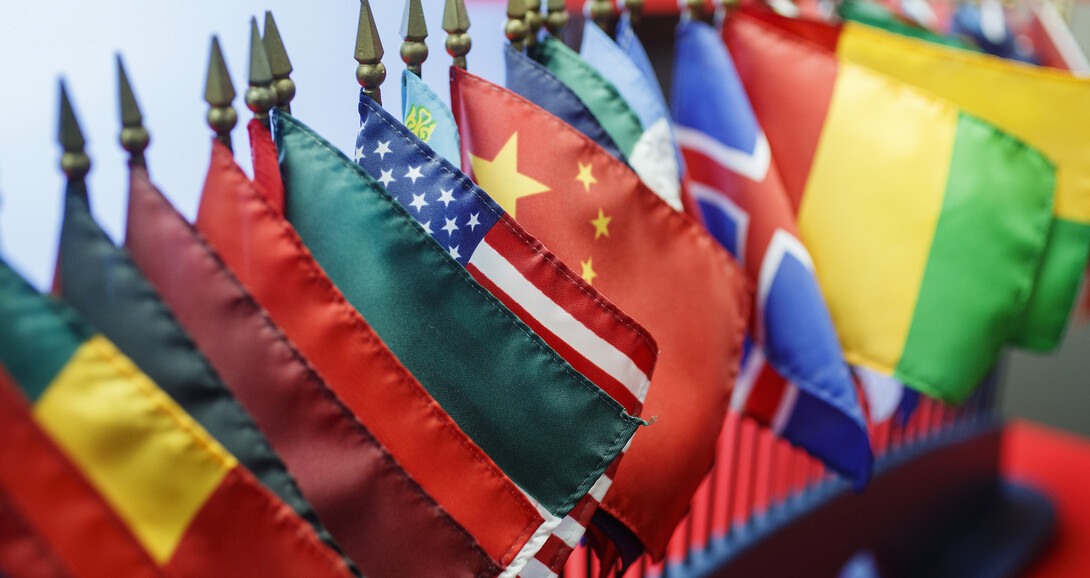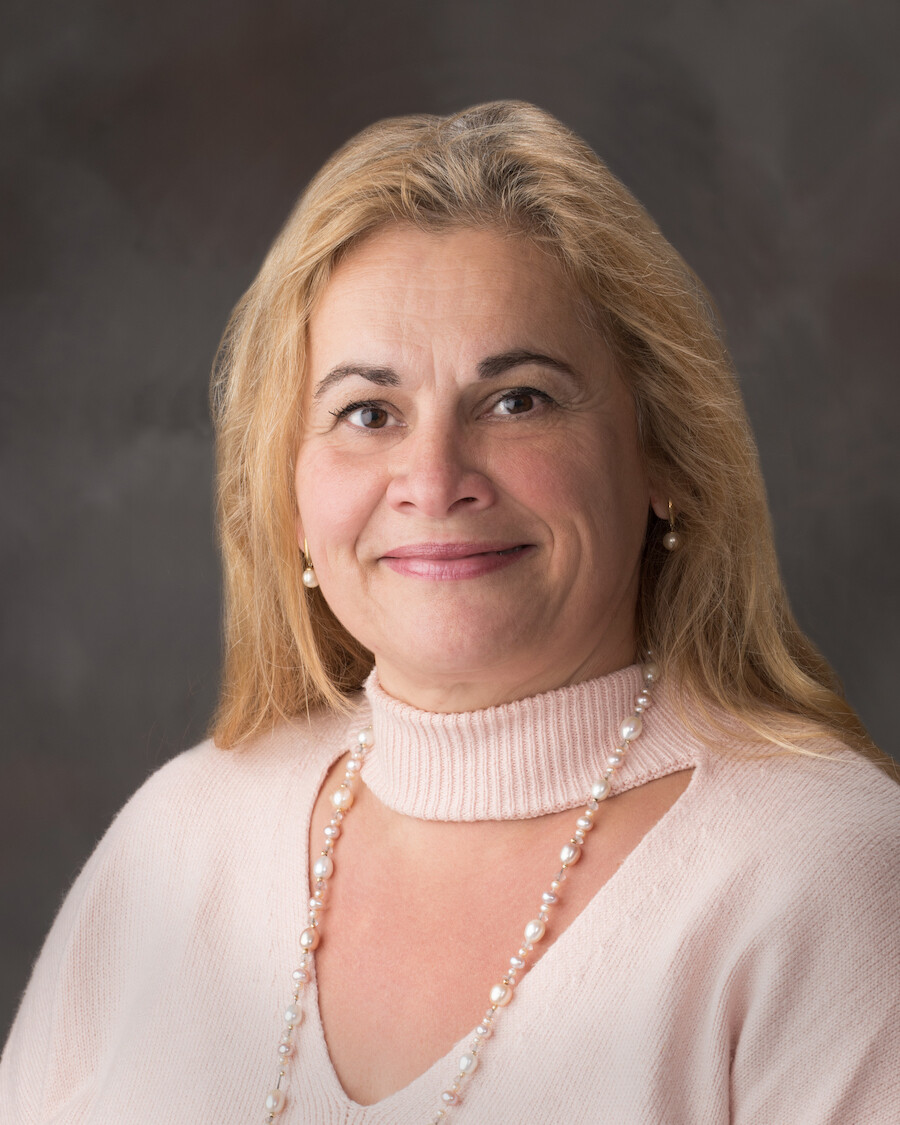
With an eye on expanding educational and research opportunities, the University of Nebraska–Lincoln’s Department of Anthropology, and programs in geography and global studies have formed the School of Global Integrative Studies.
The new school, part of the College of Arts and Sciences, combines an array of faculty expertise and subject matter that complement one another, said director Sophia Perdikaris.

“The three units have a lot of things in common,” Perdikaris said. “They’re looking at humans from the past to the present; interactions of humans with their natural environments; health, economies and global interactions. By having the three units together, we actually strengthen each other, because we are looking at humans from all those different perspectives, and our students can have larger access to courses and to faculty.
“We can still maintain the character of each unit, but also develop on those synergies within the school.”
Discussion of combining the three units into one school began in 2018. It became official in February 2020.
The change has facilitated academic growth in all three units. There have already been additions of new fields of study, including museum studies and forensic anthropology, and expansion of existing offerings such as geographic information systems and human rights.
“The change allowed us to hire new tenure-track faculty and bring on board a forensic diplomate, William Belcher,” Perdikaris said. “Now we have a program that is unique in the country, in that we have an expert in the field that is unparalleled.”
Forensic diplomates are chosen by the American Board of Forensic Anthropology and are the highest recognized level of professional qualification. Currently there are 128 in the country, and most of them are with the Defense POW/MIA Accounting Agency, with which the university has an memorandum of understanding.
Roberto Abadie will join the school in the fall. Abadie is a medical anthropologist focused on rural drug addiction and the effects of the coronavirus within Nebraska. Abadie is also a fellow with the Center for Rural Drug Addiction at Nebraska.
The museum studies certificate has been added under collaboration with the University of Nebraska State Museum. Perdikaris looks for exponential growth as the courses become available online to new students and other professionals already in the field.
“The museum certificate was passed by the Board of Regents on April 17, and we are very excited to offer an array of new courses and we have updated and revamped many of our current ones,” she said.
Additional educational opportunities are being investigated, Perdikaris said.
“One of the things that we’re working on now is exploring the expansion of our doctoral programs and looking into additional masters’ specialties,” Perdikaris said. “In the near future, we’re going to be working with the Office of Graduate Studies to expand what we offer, because we now have a larger capacity of faculty who can guide students.
“We’re also exploring the possibility of an accelerated MA in some of our specialties. That would mean that undergraduate students will have the opportunity to take graduate courses as part of their four-year undergraduate tenure, so they can potentially earn a bachelor’s and a master’s in around five years.”
Global studies will also be adding coursework to the major through the new alignment.

“I am the only faculty member in global studies currently, and we relied on programs across campus to provide courses that are relevant to the major,” said Emira Ibrahimpasic, assistant professor of practice and assistant director of global studies. “Joining the school has been a wonderful experience because it allowed me to become part of faculty with diverse experiences and expertise, and has allowed our program to be more strategic with our curriculum and course offerings.”
Ibrahimpasic said a shared faculty appointment with Global Studies and the Forsythe Family Program on Human Rights and Humanitarian Affairs will begin in the fall 2020 semester.
“With faculty added, we’re able to expand our curriculum offerings in response to student feedback and interest and this coming year, we will be offering two new classes that focus on human rights in a global context, and refugees, displaced persons and immigrants in a globalized setting,” she said.
There has been physical change as well. The three units were moved from disparate points on campus to the eighth and ninth floors of Oldfather Hall. This has been a boon to both faculty and students, who will get to be a part of a larger community.
“I think the location has really made a positive impact ,” Ibrahimpasic said. “We had a small space in Seaton Hall which didn’t allow us to host events or hold larger meetings. Our new space in Oldfather has allowed us to localize our regular events and Global Cafes, making it more accessible and consistent for students, faculty and our larger community.”
“It also allows for the connection between students who are studying global studies to learn more about geography and anthropology, as well as interact with other faculty members scattered around the building. I’m able to quickly connect students to faculty with relevant research and expertise more easily. It’s just made everything more centralized and accessible than ever before.”







